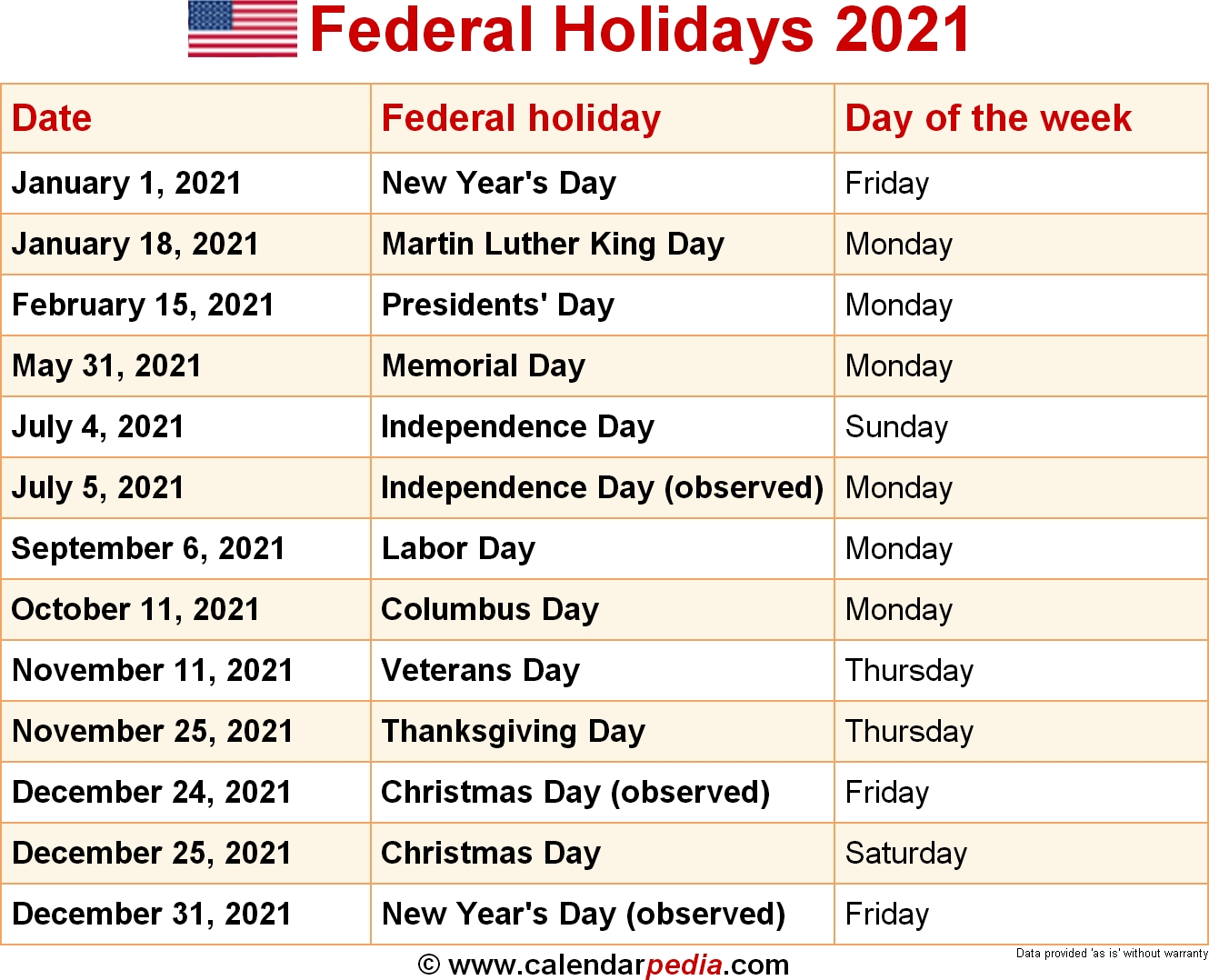Before the holidays, discuss with your co-parent what appropriate gifts will be. Establishing this beforehand will help prevent any unpleasant surprises and ensure it is simpler for both parents to adhere to a reasonable expenditure limit.
If your kids are meeting extended family for the first time, consider instructing them to embrace them with a fist bump or salutation rather than a hug. This could also benefit their social anxiety.
Celebrate the occasion twice.
Parents who take the time to construct an appropriate holiday parenting plan can help their children enjoy the holidays regardless of the difficulties associated with divorce.
Holiday parental arrangements should be founded on the child's preferences. If your kids are of a proper age, ask them where they wish to spend each holiday (provided that it generally does not violate your parental rights). While their preference will not be the only factor, asking for their input will empower them and provide you with a starting place when negotiating with your ex-partner.
Generally, it is advisable to take notice of the main holidays, such as for example Mother's Day and Father's Day or Thanksgiving and Christmas, separately for younger children. This enables the children to spend each day with each parent without needing to travel backwards and forwards between their respective residences.
Parents also have the choice of alternating holidays almost every other year, and this can be especially helpful in case a holiday occurs on a weekday or school day, evoking the child more logistical difficulties than necessary. Splitting the vacation in half and allowing the kid to spend some of your day with each parent requires extensive planning and coordination so the child isn't travelling the complete day.

Give time as gifts.
When families gather for the holiday season, children will be interested in where they will spend time. You should discuss holiday plans together with your child well in advance and address any queries they could have. This can also help your son or daughter adjust to the brand new arrangement ahead of its implementation.
It is a wonderful way to show your child that the holidays certainly are a joyous and special season, even if it isn't always possible. Depending on the child's age, requesting their preference may also offer them a feeling of autonomy and proprietorship over their experience.

If your co-parent is amenable and you may find a way to make it work, you really should consider allowing your child spend the holiday with you both in exactly the same home. This is often a beautiful bonding experience and a chance to create new family traditions that could be continued in the foreseeable future.
Remember that irrespective of your parenting arrangements, it is vital to adhere to the provisions of one's separation and custody agreements and to talk to your co-parent in a calm and considerate manner. Look at more info is vital in order to avoid discussing any animosity or negative influences stemming from your divorce with your child, as doing this can be extremely perplexing for them. As well as looking after yourself during this stressful season, it is vital to take action. Consider pursuing individual counselling if you need assistance managing tension.
3. Serve concurrently.
When a co-parent's holiday schedule coincides with one of many holidays or celebrations, they can collaborate with the other parent to find opportunities to serve the city. It is usually as straightforward as volunteering to help serve a meal at a charity kitchen or distributing food to needy families. It is also something more substantive, such as for example participating in a charitable event or assisting to construct residences. If both parents can concur on the volunteer opportunity and communicate with one another, this can be a wonderful way for the family to reconnect.
A second solution to serve through the holidays is to focus on preserving past customs. If your kids are accustomed to viewing light displays or cooking together, continuing these traditions can show them your separation does not mean they need to abandon family traditions.
Obviously, some traditions may require modification. Numerous couples resolve to alternate the primary festivities each year. This could be made simpler if the co-parents reside nearby or if they can readily switch locations. This is a good concept since it means that both parents celebrate the holidays with their children and provides each parent with an equal experience.
4. Take a breather.
The holidays can be quite a stressful time for children whose parents are divorced or separated. Stress is increased by obligatory family gatherings and expectations of togetherness. The main element is to consider the child's age and the extent to which they comprehend and tolerate their parents' separation or divorce. If the kids remain holding out hope that their parents will reconcile, it may be best for them not to celebrate.
Additionally, it is vital to recognise that all child includes a distinct temperament. Being aware of this can make all of the difference in facilitating a more enjoyable holidays. A shy child, for instance, may become overwhelmed by large gatherings and need a peaceful spot to escape the festivities. However, an extrovert may flourish on social interaction but experience a breakdown when it's time to depart.
It is good for construct a parental plan that includes holiday and school break schedules in advance. However, it is essential to have clear communication together with your co-parent and to be adaptable to short-term changes. For instance, it is crucial to communicate promptly if your child's extracurricular activities conflict with their school vacation. This will allow you to collaborate together with your co-parent to discover an acceptable solution for everyone.
